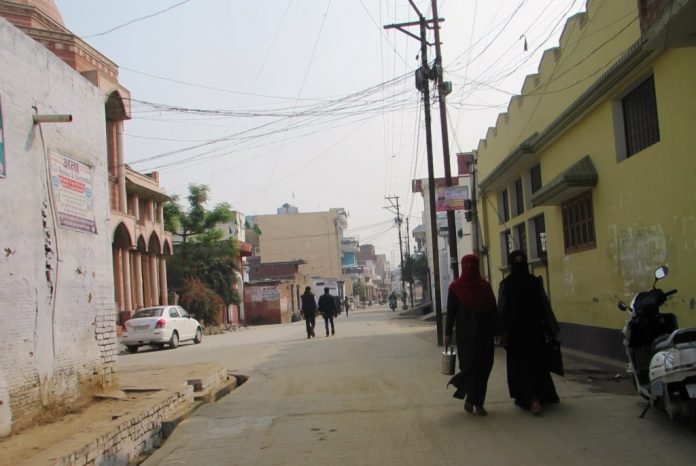New Delhi, (IANS): The Supreme Court on Tuesday said that it would not get into the issue of Uniform Civil Code but described the triple talaq as a serious issue of human rights.
The court said that it would examine the legal aspect of the ‘triple talaq’, ‘nikaah halaal’ and polygamy amongst the Muslims.
Saying that it would examine whether triple talaq was a valid way of divorce, a bench of Chief Justice Jagdish Singh Khehar, Justice N.V.Ramana and Justice D.Y.Chandrachud asked the senior counsel appearing for both the sides to frame question that would be addressed in the course of weeklong hearing commencing on May 11.
However, the court made it clear that the question whether divorce under Muslim Personal Law needs to be supervised by either courts or by a court-supervised institutional arbitration came under the legislative domain.
Directing the next hearing on February 16 for the framing of issues, the bench asked the senior counsel appearing for those opposed to triple talaq and those opposing any interference in it, to sit together and frame tentative issues for the consideration by the court.
The court also made that all the petitioner will have to give names of the three lawyers each who would be addressing the court from both the sides.
The Union government has already told the top court that ‘triple talaq’, ‘nikaah halaal’ and polygamy as practised by the Muslims in India were not “integral to the practices of Islam or essential religious practices”.
“The fact that Muslim countries where Islam is the state religion have undergone extensive reforms goes to establish that the practise in question cannot be regarded as integral to the practices of Islam or essential religious practices,” it had told the top court earlier in its affidavit.
The government had cited the instances of changes in marriage laws in Iran, Egypt, Indonesia, Turkey, Tunisia, Morocco, Afghanistan, Bangladesh and Pakistan.
However, All India Muslim Personal Law Board (AIMPLB) had earlier told the top court that the practice of triple talaq and polygamy were a social need and a blessing and not a curse for women.

